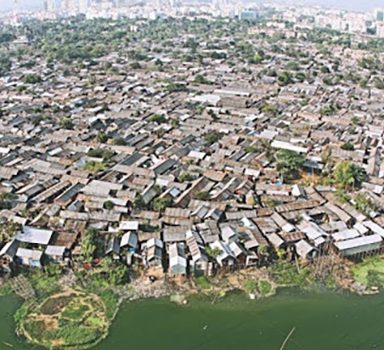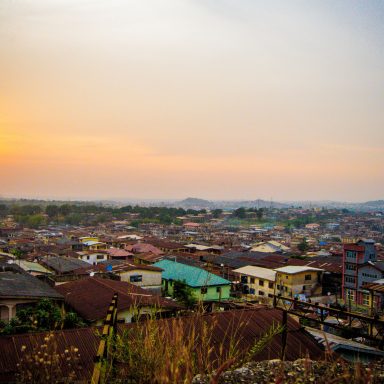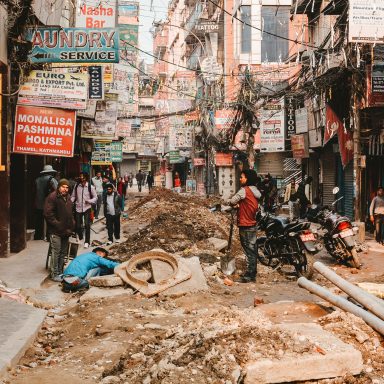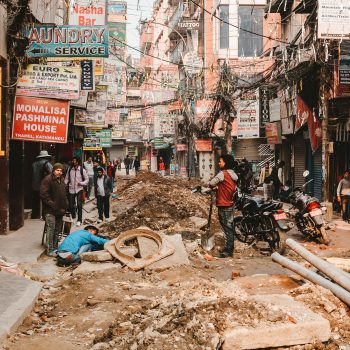A community health worker conducting a survey in the Korail slum, Bangladesh – Wikipedia
Evidence from both mega-cities and rapidly expanding towns is vital to identify workable, cost-effective and scalable health systems that respond to the needs of urban populations, particularly the poor facing social exclusion and struggling to maintain good health.
We will work with communities, health providers and city governments to design and build health systems by addressing our four key pillars:
- Linking the plurality of private, NGO and government providers
- Building collaboration across sectors to address wider determinants of health
- Strengthening systems to prevent and respond to the double burden of non-communicable and communicable disease
- Identifying, reaching, and engaging the urban poor
Our research will focus on key aspects of health systems, including data collection and use, quality supervision, financing, regulation and governance. To build evidence in different urban settings, we will work in one mega- and one medium-sized city in Nigeria, Ghana, Bangladesh and Nepal.
Our demand-led approach will follow five intertwined phases using the following methods:
- Participatory needs assessment with communities
- Analysis of existing data, literature, policy, economic and political environment
- Co-creation of health system interventions
- Implementation research to understand the facilitators and barriers to the successful delivery of the interventions within routine practice
- Effectiveness and cost-effectiveness evaluation to see if the interventions really improve the health of poor urban residents










